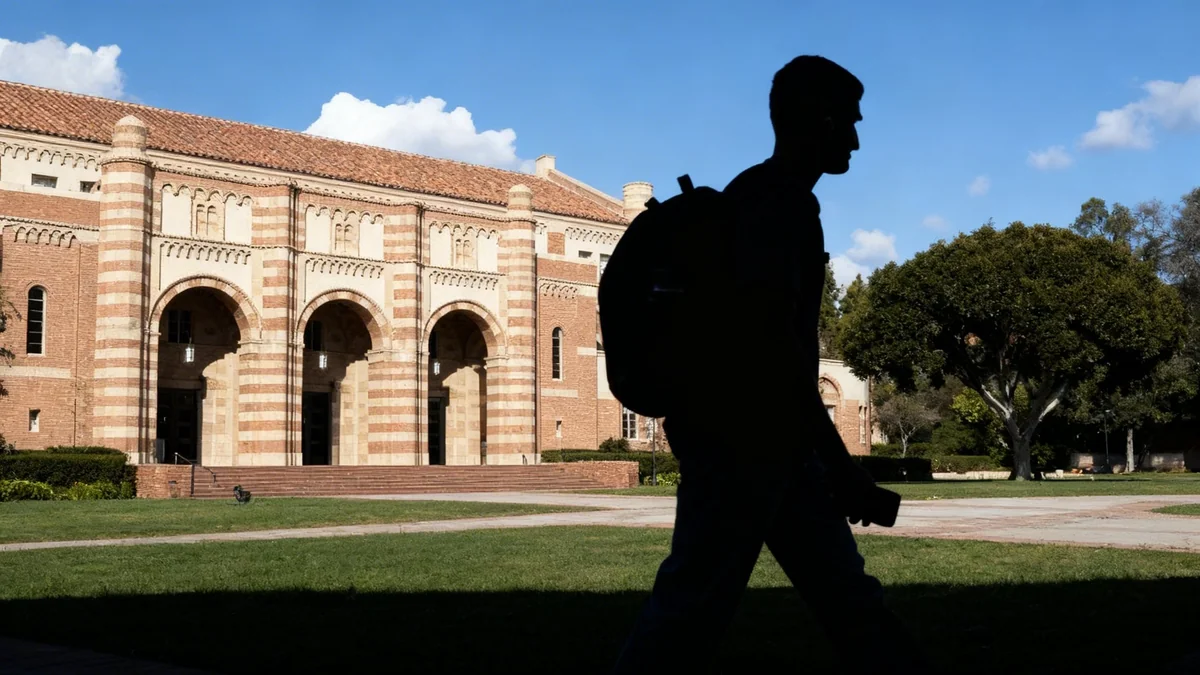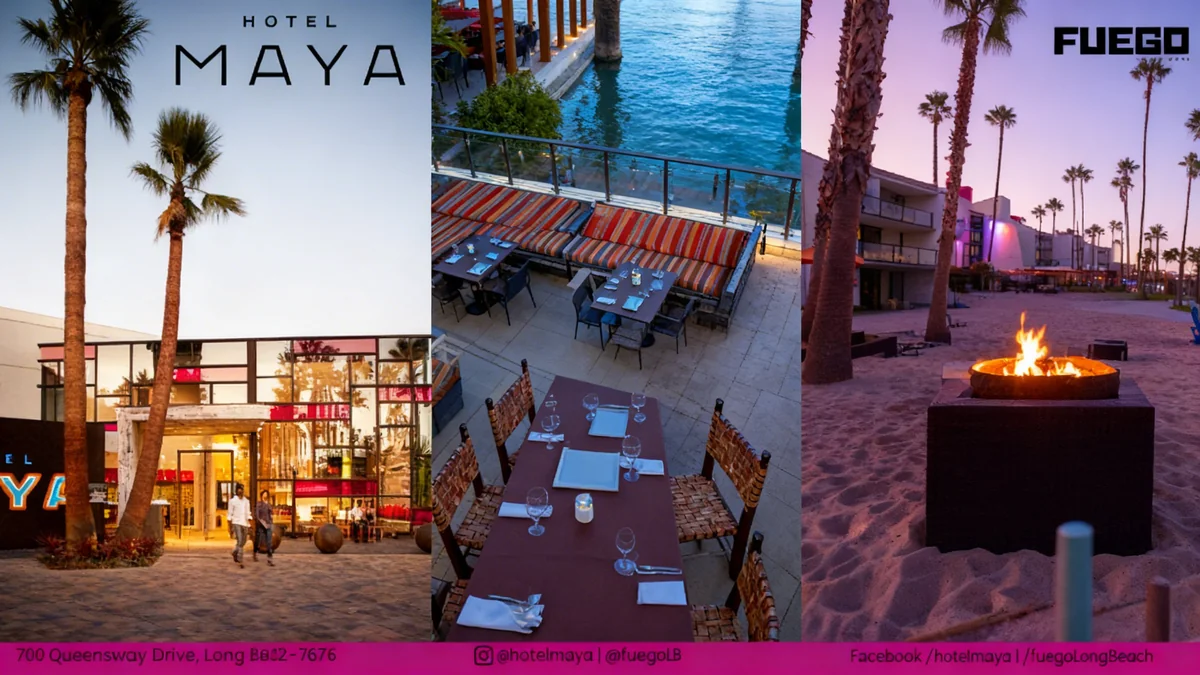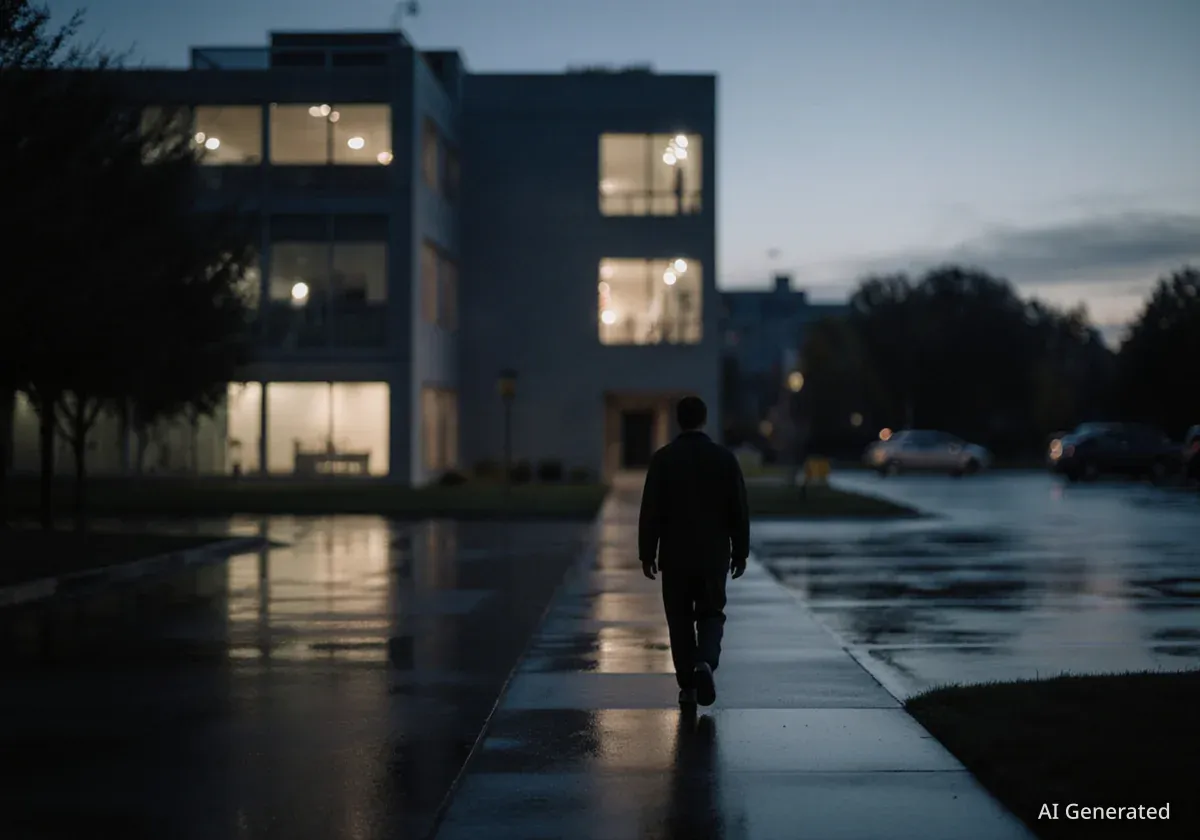The University of Missouri is planning to invite private developers to build on its campus, a strategic move aimed at generating new revenue and enhancing campus life. The initiative, announced in September, will explore public-private partnerships for projects ranging from housing to commercial spaces, particularly around the university's athletics complex.
Key Takeaways
- The University of Missouri will issue a request for proposals (RFP) for private development on campus land.
- Primary goals include increasing university revenue and improving the game day experience for its athletics programs.
- The plan involves identifying specific zones on campus suitable for mixed-use development, housing, or commercial projects.
- This initiative follows a national trend where universities partner with private companies to manage costs and upgrade facilities.
University Explores New Development Model
The University of Missouri System President, Mun Choi, first presented the concept during a Board of Curators meeting earlier in September. During the presentation, Choi shared a map that identified several zones across the campus as potential sites for these development projects. The university is now preparing to formally request proposals from developers interested in these opportunities.
This approach marks a significant shift in how the university manages its assets. Instead of funding and managing construction projects entirely on its own, the administration is looking to form long-term lease agreements and public-private partnerships (P3s).
What are Public-Private Partnerships?
Public-private partnerships (P3s) are collaborations between a government agency or public institution, like a university, and a private-sector company. These partnerships are used to finance, build, and operate projects such as public transportation networks, parks, and university facilities. The goal is to leverage private sector expertise and funding to complete projects that might otherwise be too costly or complex for the public entity to handle alone.
Primary Goals: Revenue and Campus Enhancement
According to university officials, the initiative has two main objectives. The first is to create new, sustainable revenue streams for the university. By leasing land to private entities for commercial or residential use, Mizzou can generate income that is not dependent on tuition or state funding.
"The main benefit to the university would be to increase revenue," said Mizzou spokesperson Christopher Ave. He emphasized that the development could also significantly improve the campus environment.
"Development could also enhance game day experiences as well as provide people more reasons to visit our campus community," Ave added.
The university is particularly focused on areas within the MU Athletics Sports Complex. The goal is to create year-round commercial assets that not only serve students and staff but also attract visitors and sports fans, turning the campus into a more vibrant destination.
A Growing National Trend in Higher Education
The University of Missouri's plan is part of a broader movement across the United States. Many higher education institutions are turning to P3s as a way to cope with rising operational costs and meet the growing demand for modern campus amenities without taking on massive debt.
Todd Graves, the Board of Curators Chair, noted during a news conference that these partnerships are a national trend. "We don’t have any preconceived notions," Graves said. "We are going to ask for requests for people to submit proposals; we have zones of interest around the university that we’re going to throw out there and see what we get."
Leadership for the Initiative
A dedicated group is overseeing this new development strategy. The members include:
- Todd Graves, Board Chair
- Bob Blitz, Curator
- Laird Veatch, Athletic Director
- Mark Menghini, General Counsel
- Ryan Rapp, Executive Vice President and Chief Financial Officer
Successes and Risks of P3s
Other universities provide both examples of success and cautionary tales regarding public-private partnerships. These cases offer valuable lessons as Mizzou embarks on its own initiative.
A notable success story comes from the University of Tennessee, Knoxville. At the beginning of the current academic year, the university opened two new student residential communities. This was achieved through a partnership with the private developer RISE Real Estate, allowing the campus to expand its housing options quickly and efficiently.
However, these arrangements are not without risk. The University of Iowa recently faced legal challenges with its utilities partner. Just three years into a 50-year, $1.165 billion contract, the university was sued by the UI Energy Collaborative, a group including major firms like ENGIE North America. The lawsuit stemmed from disagreements over contractual terms. Although the dispute was settled in July, it highlights the complexities and potential for conflict in long-term P3 agreements.
Next Steps for the University
The university has not yet announced a specific timeline for releasing the request for proposals. Details regarding budget goals or the types of projects that will be prioritized remain under discussion. The initial phase will focus on gauging interest from the private sector and evaluating the viability of submitted proposals.
Christopher Ave confirmed that Mizzou’s exploration of P3s is consistent with development strategies seen at both collegiate and professional sports venues across the country. The leadership team will carefully review all opportunities to ensure they align with the university's long-term mission and financial health.





